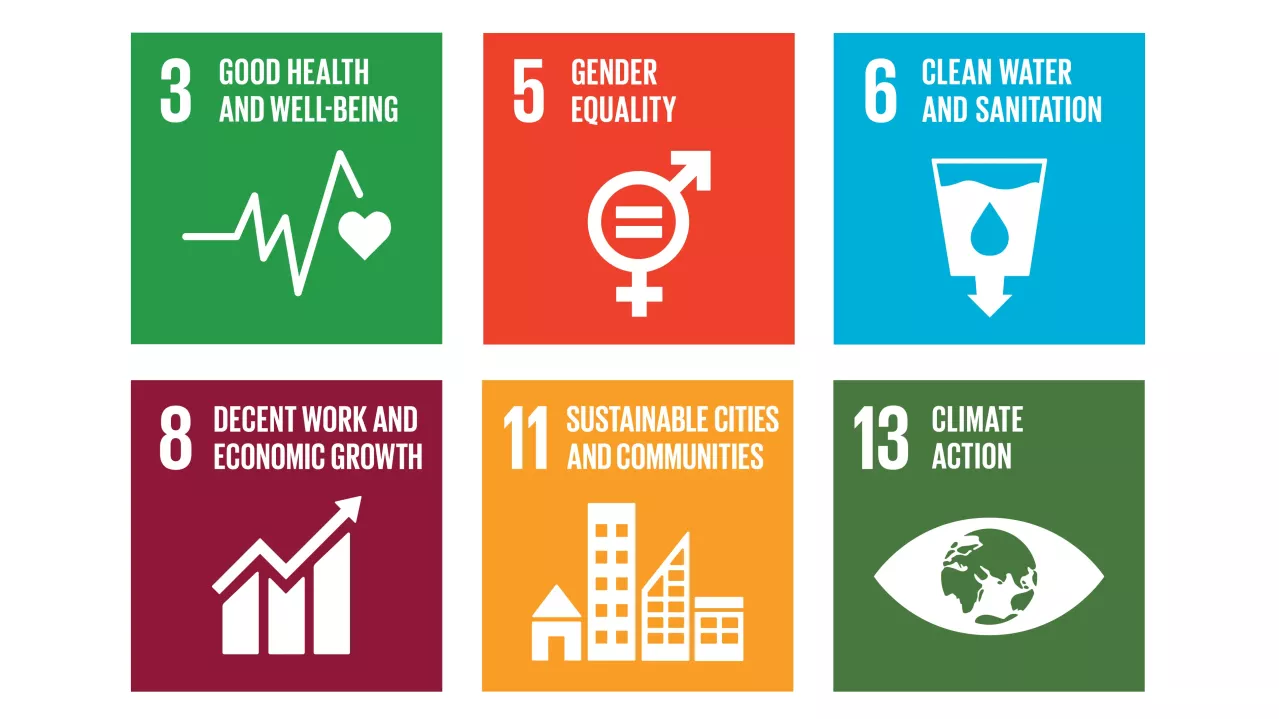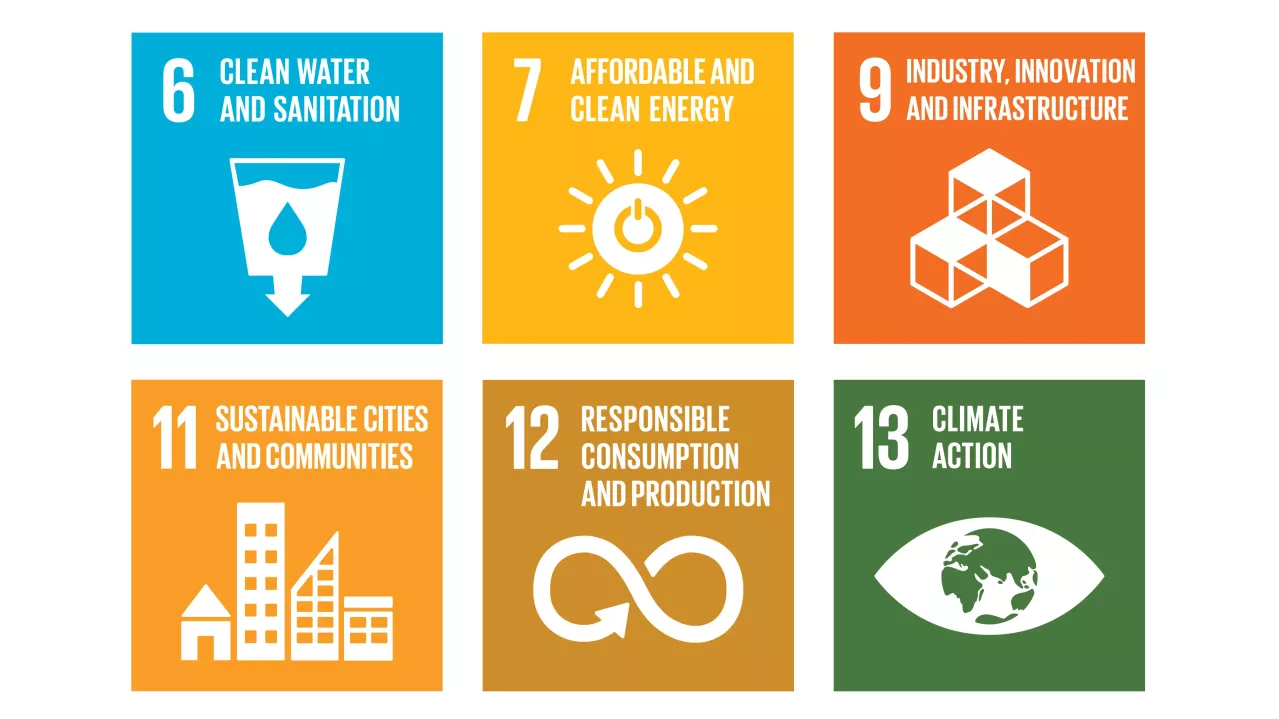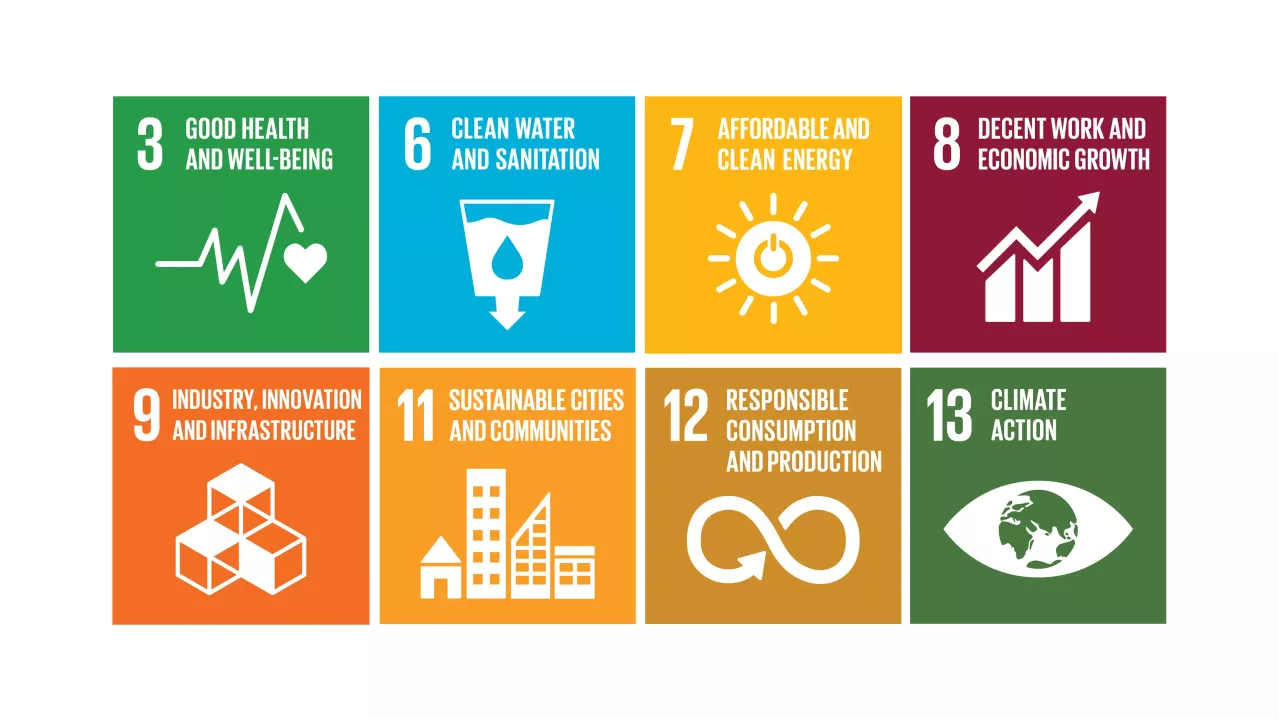- Status Energy Storage: Ahead
- Status Specialties: On track on an absolute basis; behind on an intensity basis.

Our work at Albemarle delivers solutions to provide advanced mobility, connectivity, energy and health for all. At the same time, we are committed to reducing our environmental footprint across our operations and in our supply chain.

“As a values-led organization, sustainability is foundational to how we choose to operate. We remain dedicated to minimizing our environmental footprint, creating responsible and reliable products for our customers, and engaging with our communities to foster positive outcomes.”
- Kent Masters, Chairman and CEO

As a global leader in transforming essential resources into critical ingredients, we know the importance of having a sustainable mindset embedded in our company. Every day we work to responsibly manage resources and materials – maximizing the benefits while minimizing the impact to the community, environment and planet.
Grow our Energy Storage business in a scope 1 and 2 carbon intensity-neutral manner (2019 baseline).
Reduce scope 1 and 2 carbon intensity of Specialties by 35% by 2030 in alignment with science-based targets (2019 baseline).
Reduce the intensity of freshwater usage by 25% in Chile and Jordan (2019 baseline).
Status: On track --ahead in Chile; behind in Jordan

SUSTAINABILITY REPORTING & RESOURCES
As part of our commitment to industry-leading sustainability and transparency, and to measure and recognize our ongoing efforts, we publish a yearly Sustainability Report that takes a comprehensive view across the organization.
As a UN Global Compact signatory, and in light of our commitment to the UNGC CEO Water Mandate, Albemarle has matched our purpose, core values and approach with the Sustainable Development Goals of the United Nations.
The contributions we make to these nine sustainable development goals articulate our relevance to advancing the 2030 Agenda for Sustainable Development.


